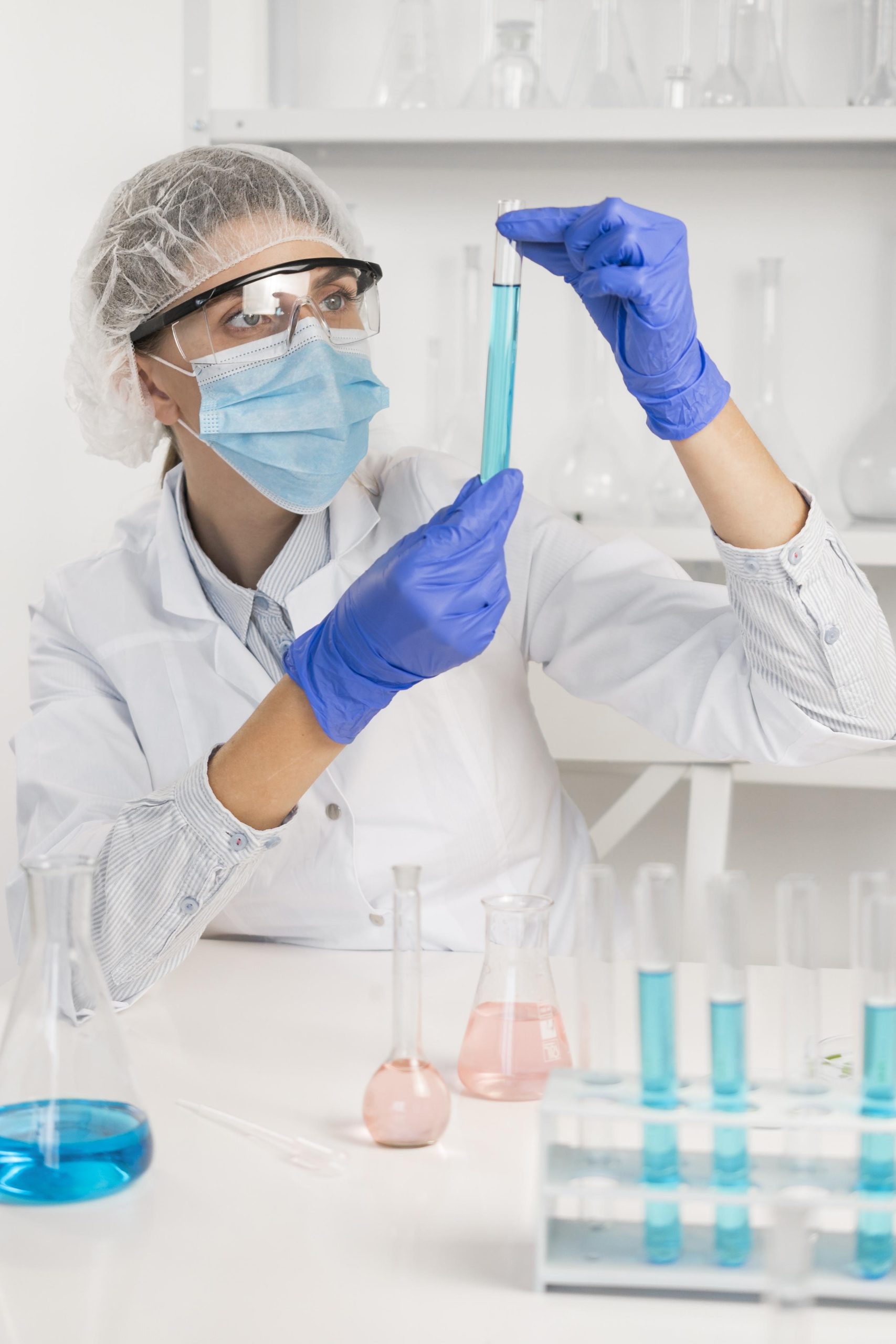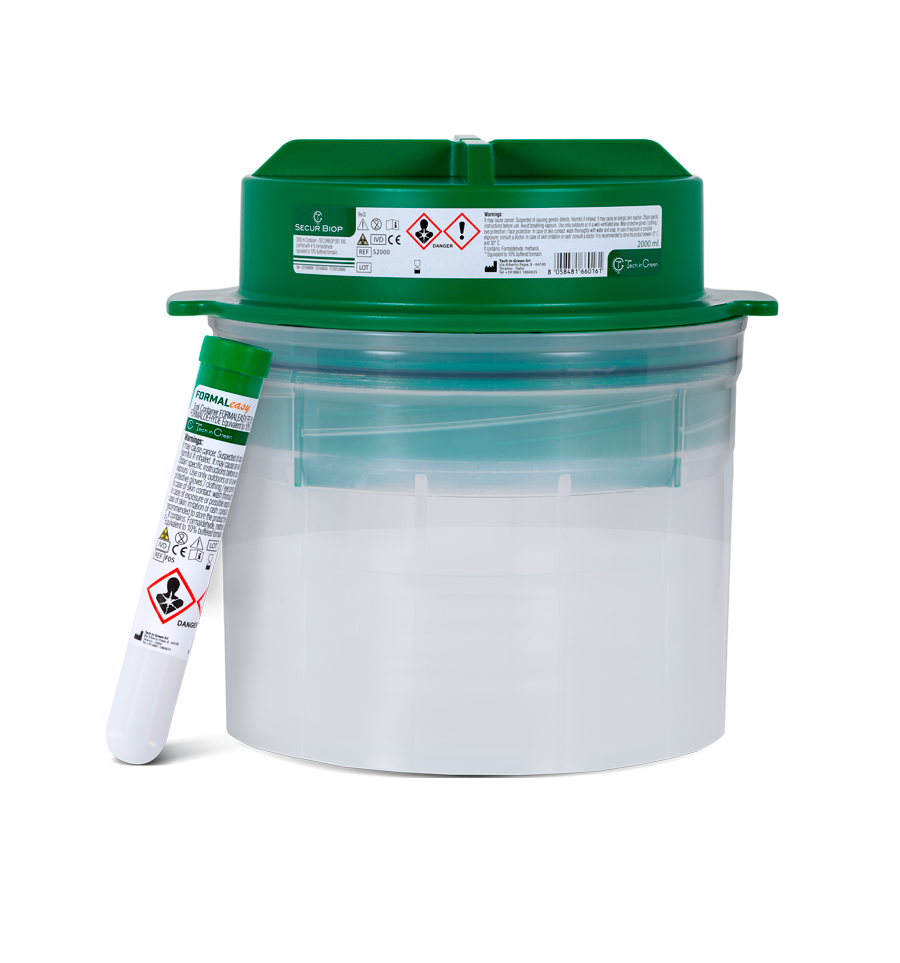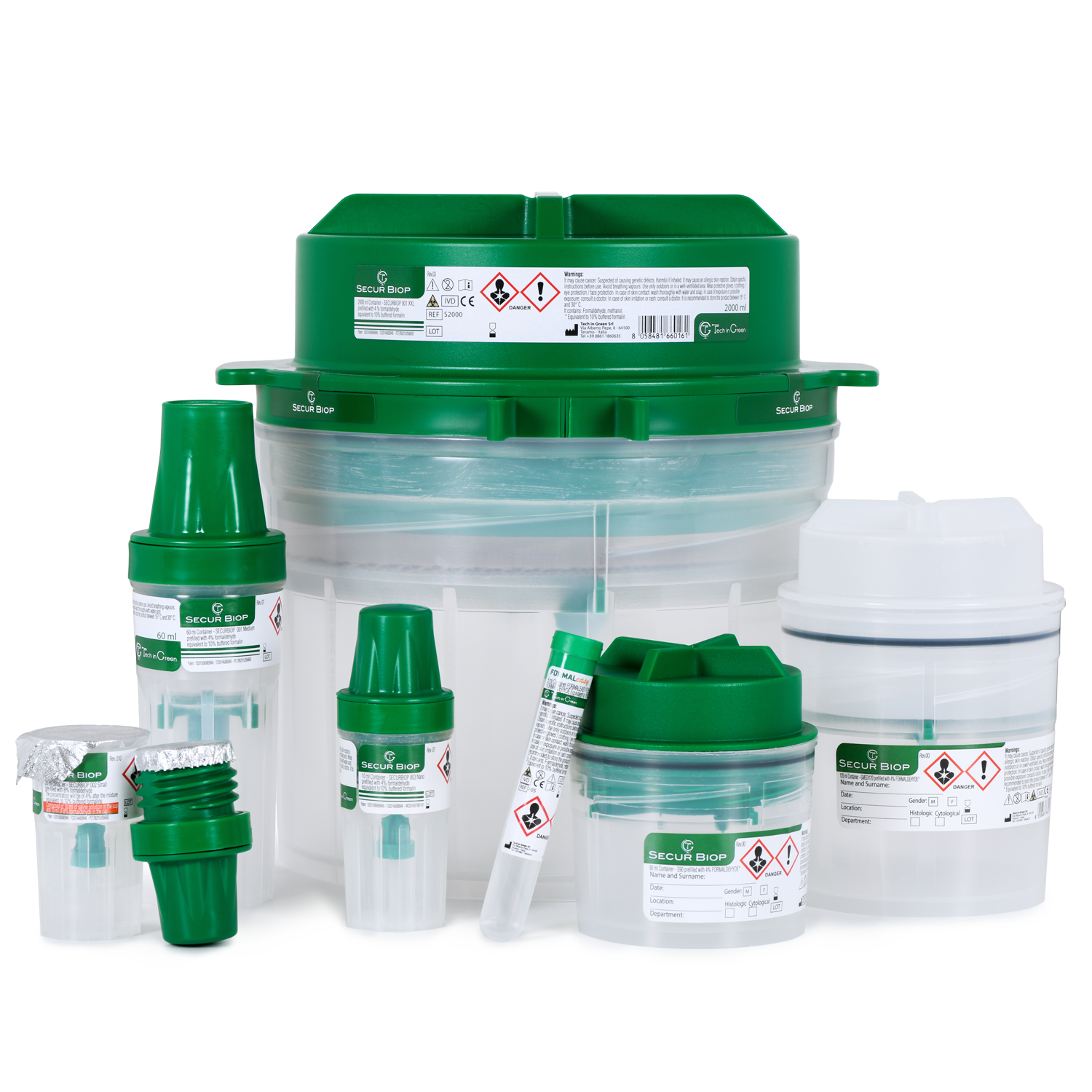Biological Safety: Why it is important

What is Biological Safety and Why It Matters in the Medical Field
Biological safety is a fundamental concept in the medical sector, especially in environments where biological samples are handled, such as laboratories and hospitals. This set of practices and standards aims to protect healthcare professionals, patients, and the environment from the potential risks associated with the manipulation of biological materials, which may contain pathogens or toxic substances.
What Is Biological Safety?
Biological safety refers to all measures implemented to prevent accidental exposure to potentially hazardous biological agents. These agents include bacteria, viruses, fungi, and any other organisms or substances capable of causing infections, allergic reactions, or toxicity in humans. Clinical laboratories, operating rooms, and research departments are considered high-risk environments because biological samples collected from patients can carry infectious agents. For this reason, strict safety procedures are required to minimize the risk of contamination or accidental exposure.
Why Biological Safety Is Important
Biological safety is crucial to protecting both healthcare professionals and patients. Laboratory incidents not only endanger medical staff but may also pose a public health risk, potentially spreading infections both inside and outside the facility.
Safety protocols include the use of personal protective equipment (PPE) such as gloves, masks, and goggles, as well as safe handling practices like using closed-system containers. These systems—such as those offered by Tech In Green—allow the manipulation of biopsy samples without direct exposure to hazardous substances like formalin.
Formalin, commonly used for preserving tissue samples, is a toxic and potentially carcinogenic substance, and its use requires special precautions. Closed containment systems not only protect healthcare workers from exposure but also help avoid contamination of the samples themselves, ensuring more accurate test results.
Biological Safety Regulations in the Medical Field
Biological safety is governed by specific national and international regulations. In Europe, the REACH regulation and directives on biological risk provide guidelines and legal obligations for the handling of hazardous substances in healthcare settings. These rules define the protection requirements every healthcare facility must meet, from sample storage and management to staff training.
To comply, healthcare facilities must implement preventive measures, such as ongoing staff education, regular safety protocol reviews, and the use of advanced technologies like formalin-proof containers.
Laboratory Safety Training
Training is a key element of biological safety. Workers must be properly informed and trained on biological hazards and prevention practices. Training covers the use of protective equipment, safe sample handling, and proper disposal of biological waste.
Continuous education helps maintain awareness of risks and significantly reduces the likelihood of accidents.
Conclusion
In summary, biological safety is essential to protect the health and safety of healthcare professionals and patients, and to ensure a safe, regulation-compliant working environment.
Investing in safe equipment and staff training is a critical step for any healthcare facility. Closed containment systems such as those provided by Tech In Green contribute to creating safer healthcare environments, protecting those who work daily with biological materials, and improving the accuracy and reliability of laboratory results.


